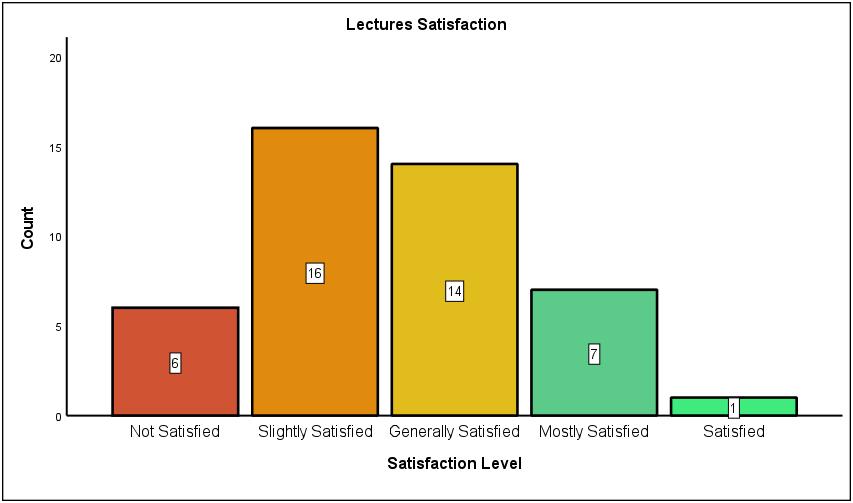
3 minute read
Assignments, Assessments and Grading
Do you have any comments/suggestions you would like to pass on to the Faculty with regards to methods of assessment currently in use?

Advertisement
Statistics and Operations Research: Students felt that research assignments holding 30% of the weighting should either be removed or given more weighting. 2nd and 3rd years found last year’s 24-hour exams much more manageable and generally better than this year’s, since this year’s exam papers were often kept at a similar length but saw a significant decrease in time limit. Other than this, assessment methods were well received.
Mathematics: Many students presented the idea of implementing several in-person tests over the course of a study unit (after each chapter is concluded) as a method of assessment since some study units are too vast and detailed for just one two-hour exam carrying 100% of the weighting. Some remarked that this would resolve the issue of studying material and proofs off by heart only to forget them the moment the exam ends.
12
Assignments, Assessments, and Grading
Mathematics: Students also expressed a wish to receive feedback on their performance. Students felt that a 2-hour exam was not enough to write down all the answers let alone come up with original proofs, thus rewarding mindless memorization rather than understanding of the material. Assignments were also suggested since not everyone excels at exams. This would be a perfect opportunity to test students on their critical thinking abilities - a quality which arguably defines a mathematician but is currently lacking in the current assessment method.
Physics: Students felt they had too many assessments for study units such as PHY2140. Some feel that it would be more beneficial if their assessments are assignment based only or having a 24–48-hour time limit. Short online exams tend to put people at a disadvantage as coming up with problem solving strategies is difficult for those living in distracting environments.
Biology: One student proposed group assignments where students learn to operate as a research team to tackle a problem which would be reflective of real life situations. Assessment which assessed critical thinking were preferred over those which assessed memorization.
Chemistry: There were not many complaints from the students except for the fact that they would prefer more weighting to be given to assignments rather than exams.
Medical Biochemistry: Many preferred assignment-based assessments especially considering that the course is research-oriented.

13

Some students found that the science departments did not communicate sufficiently with them despite their attempts. Better communication and understanding between students and the department would leave students more satisfied and likely to encourage others to take up science.

Certain students found their deadlines to be too close to each other and suggested that assignments are assigned at the beginning of the semester since they can research their assignment as the semester goes on. Perhaps a course calendar with deadlines so that lecturers in different study units know when to assign them for and prevent overlap. Some students do realise, however, that a certain amount of overlap will always occur with study programmes with two areas of study.
A few Double Honours students feel that they receive the worst of both worlds as lecturers often do not know what happens in the other department, acting surprised when students haven’t covered something the Single Honours students had.
14




